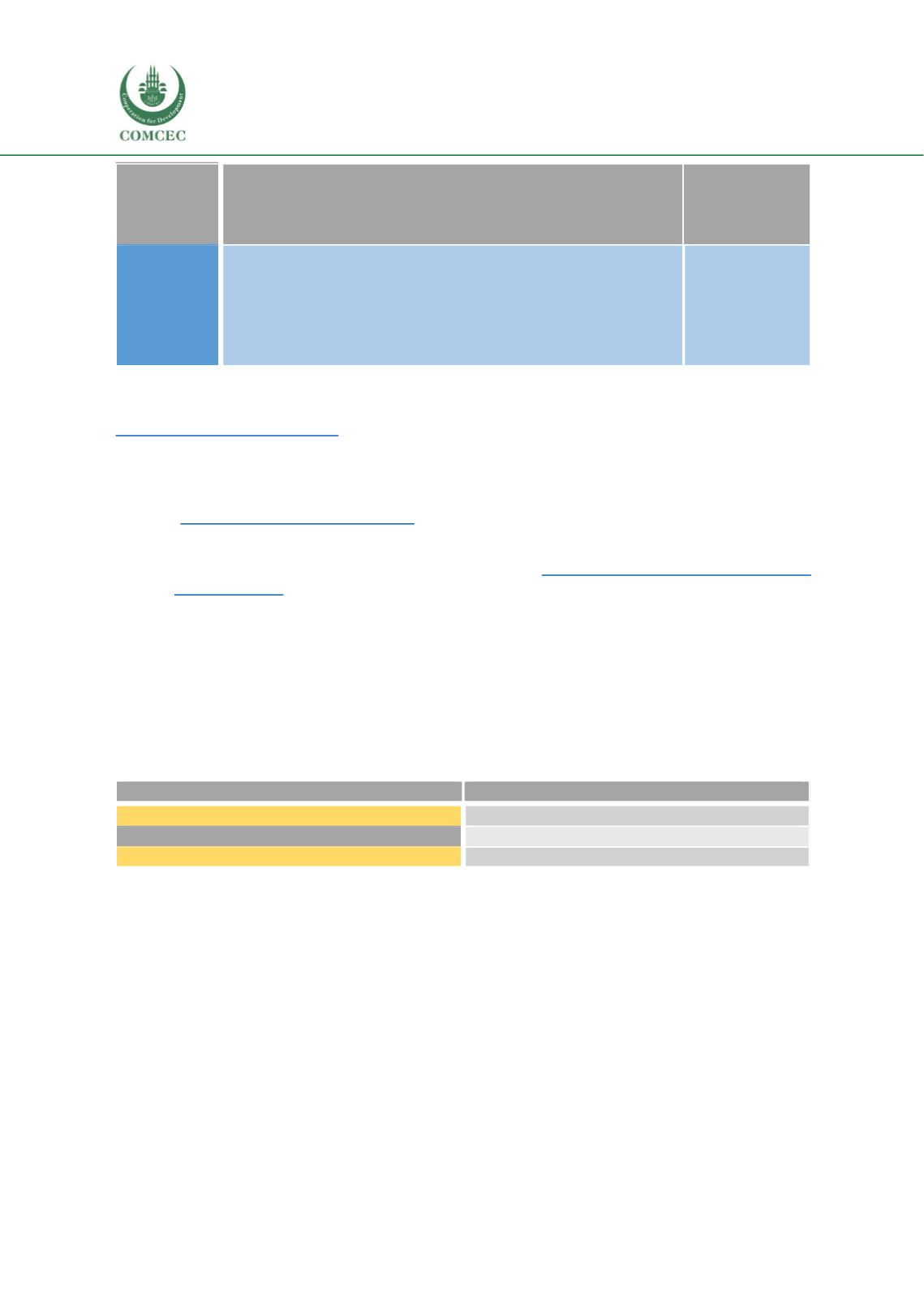

Skills Development: Vocational Education
in the Islamic Countries
112
Level 1
Candidate can apply a basic range of knowledge and skills to
perform simple work in routine contexts. Can work with others
under direct supervision. If self-employed, shows a limited ability to
find technical solutions.
Certificate I
Elementary/
Entry level
(partial
qualification)
Candidate can apply a limited range of knowledge and skills to
perform specific and simple tasks in routine contexts. Can work with
others under direct supervision. If self-employed, shows a limited
ability to find technical solutions. Note: Elementary/entry level
abilities will be awarded a partial qualification based on modular
assessment and certification.
Worker’s PASS
Transcript
Source: Ministry of Education and Sports, 2011.
2.
Authorised Body
: TheMinistry of Education and Sports (MoES) Web:
http://www.education.go.ug/There are other bodieswho are directly linked with skills training in Uganda, such as:
The Business, Technical and Vocational Education and Training (BTVET)
( http://www.btvet-uganda.org/) administers and controls government TVET training
providers.
The Industrial Training Council (ITC)
( http://www.btvet-uganda.org/legal- framework/itc )has members from the private sectors, the relevant ministries, and
representatives of employees and employers. The ITC is working for ensuring required
level of competences which is needed for the labour market (at national and
international level).
The Uganda Association of Private Vocational Institutions was started to coordinate
private TVET providers in Uganda.
3.
TVET programs and schemes
:
Table 5.2: Formal TVET system of Uganda has an overlapping three-tier system
Skill-Level
Provider
Craftsman level
Technical schools and institutes
Technician level
Technical colleges
Graduate Engineer level
Universities
Source: TVET, 2014
Craftsman level: after seven years of primary schooling, one can enter for a three -year
craftsman training
In technician level, the Uganda Certificate of Education (UCE) has four alternatives
choice for further education and training:
a two-year advanced course from a technical institute;
a two-year primary teacher training course from primary teachers’ colleges;
a range of
technical and professional courses from different ministries;
accessing advanced education that leads to the Uganda Advanced Cert ificate of
Education (UACE).
















